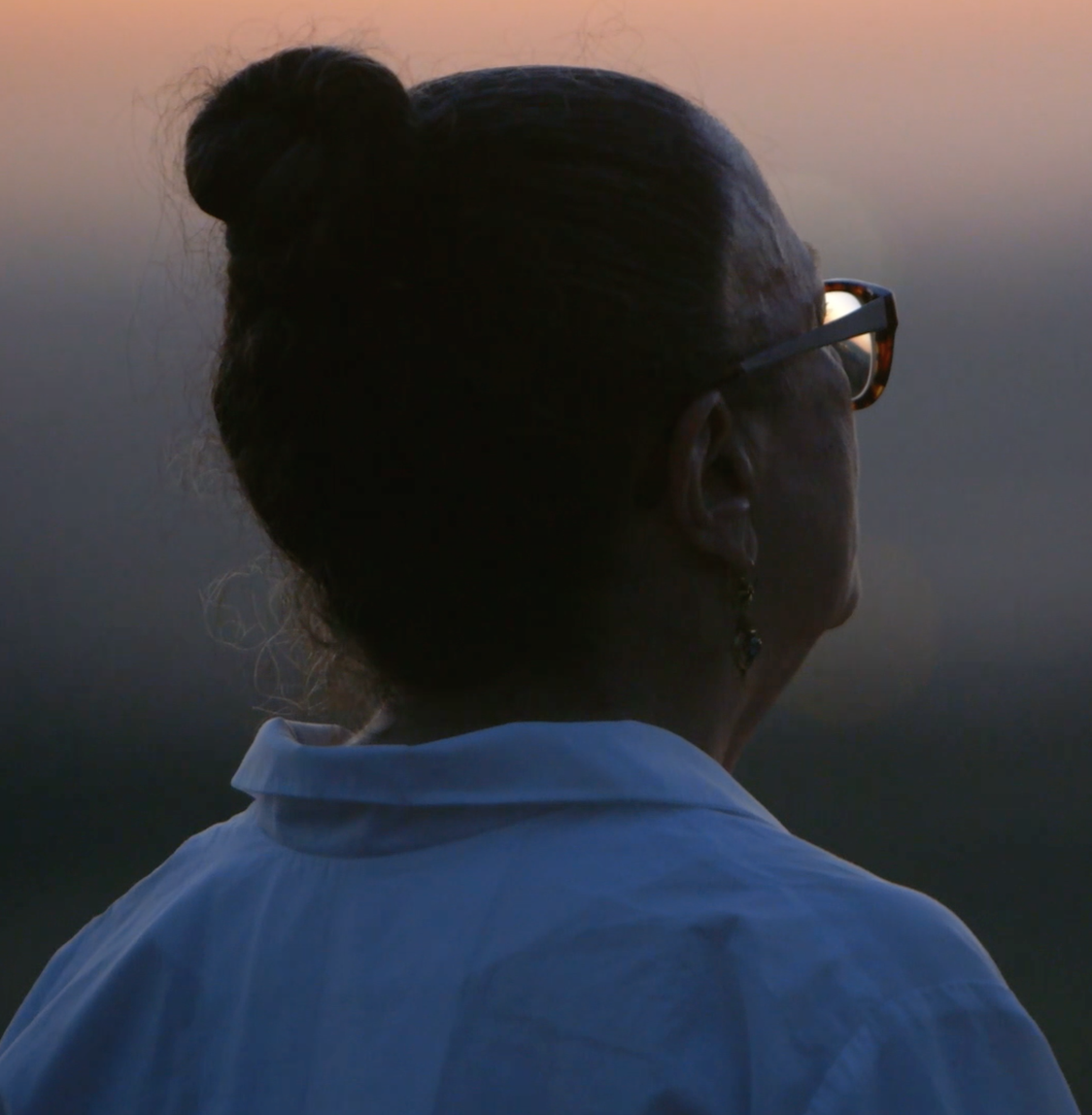
A Filmmaker Listens to Germans, Jews and Palestinians
Like many born into the generation following the Holocaust, Ofra Bloch has always been fascinated with, and affected by, generational trauma–on both sides. Bloch set out to make a documentary focusing on descendants of former oppressors, focusing on the effects of the Holocaust on non-Jewish Germans. But what she ended up creating extends far past that initial subject. Instead, “Afterward” weaves together three emotional narratives: Germans after the Holocaust, Palestinians after the “Nakba” (the “catastrophe,” known by Israelis as the 1948 War of Independence) and Bloch’s personal story of growing up in Israel squeezed between inescapable shadows of WWII on one hand, and silence regarding Palestinians on the other.
As a child, Bloch dreamed of pursuing both psychology and filmmaking. Now, 30 years into her career as a psychoanalyst, “Afterward” is the meeting point of these dreams. “I have a lot of chutzpah, I take risks and I do things,” Bloch told Lilith. Throughout the six years it took to film and edit “Afterward,” Bloch continued to work full-time at her practice in New York. “I’m not a filmmaker, I’m a psychoanalyst, but I think both professions need the same skills,” she says. “You need to listen, which is like the camera looking at the subjects, and analyzing is like the editing process.”



